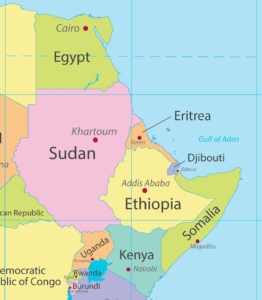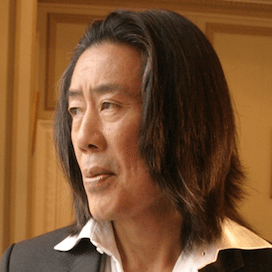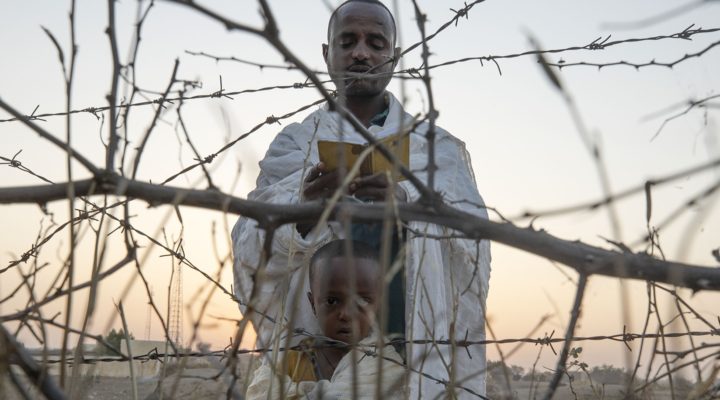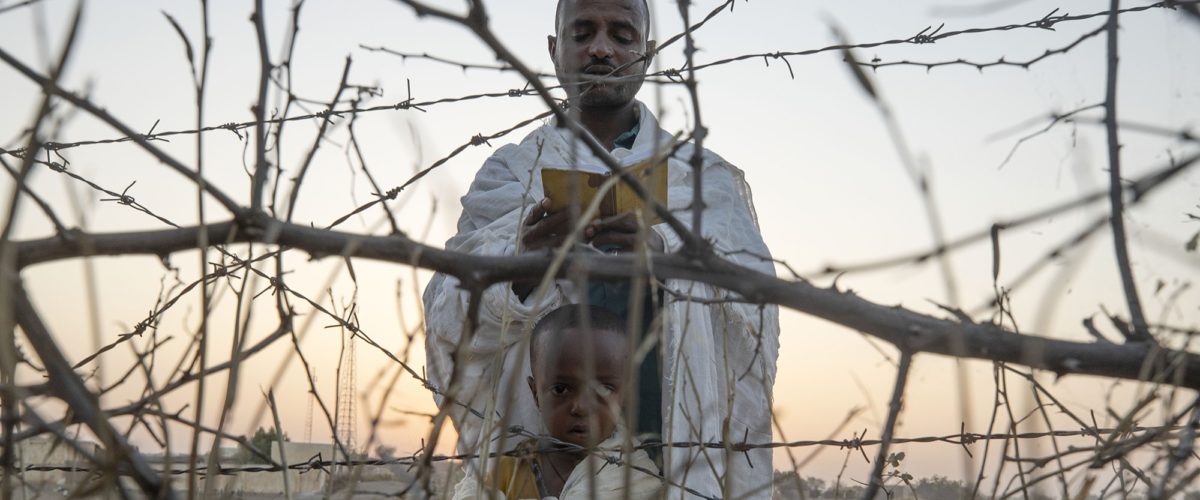The situation in Ethiopia, East Africa’s most populous country, is getting desperate by the day. Nearly six months after fighting broke out between the country’s government forces and Tigray People’s Liberation Front, the ruling party in the northern Ethiopian region of Tigray, the crisis keeps worsening.
Like the Great Rift Valley, which splits the landlocked country, the crisis triggered by the conflict in early November has sown divisions yet to abate as fighters on both sides continue to clash, thus creating, within so short a time, one of the worst refugee and humanitarian crises in the region and Africa generally.
So far, thousands of Ethiopian citizens have been killed, a greater number of others have been displaced from their homes, while no less than 4.5 million are in dire need of food, according to the U.N. Worst hit are women and children, who have been subjected to cruel and barbaric treatments. Their plight has raised serious concerns across the world that unless urgent steps are taken to stop the fighting, the situation may further deteriorate.

Wafaa Saeed
Wafaa Saeed, U.N. deputy humanitarian coordinator for Ethiopia, while giving an update on the Tigray situation in a recent virtual meeting, said women and children in the affected area have been terribly affected by the conflict that has seen many of the victims flee to neighboring Sudan for safety.
“They are generally traumatized and tell stories of the difficult journey they took in search of safety. Some reported walking for two weeks and some as far as 500 kilometers. Of the people who traveled with them, some were reportedly killed, particularly youngsters. People were reportedly beaten. Women were subject to rape. Some were pregnant and delivered on the way losing their babies,” said Saeed. “Women say they have been raped by armed actors. They also told stories of gang rape, rape in front of family members and men being forced to rape their own family members under the threat of violence.”
The conflict in Tigray region broke out after the Tigray People’s Liberation Front, which had been at loggerheads with Abiy Ahmed’s government, reportedly attacked a military base in Sero, not far from the Eritrean border.
In response, Ahmed sent in troops to quell the attack, saying the Tigray People’s Liberation Front’s action “will never be forgotten” or condoned.

(Bigstockphoto)
The result since then has been catastrophic not just for Ethiopia but also Eritrea, another of its close neighbors. Many Eritrean citizens live in Tigray region and have, like Ethiopians, been killed or displaced by the conflict.
Apart from their shared misery, Eritrea has been accused of siding with the Ethiopian government to fight the Tigray People’s Liberation Front. Eritrea used to be a part of Ethiopia until a secessionist move led to their independence in 1993 after a U.N.-supervised referendum.
Following the escalation of violence in Tigray, the U.S. administration has expressed concern about the situation. Sen. Chris Coons (D-Del.) traveled as a special envoy of President Joe Biden to Ethiopia to assess things for himself and convey the administration’s concern over the situation there.

Antony Blinken
Antony Blinken, Biden’s new secretary of state, on March 18 called for a political solution to ending the crisis. “A cessation of hostilities, the immediate withdrawal of Eritrean forces, and an end to the Ethiopian government’s deployment of Amhara regional forces in Tigray are essential first steps,” Blinken said.
As part of its contribution to ending the crisis in Ethiopia, Blinken announced U.S. relief efforts to alleviate the plight of victims of the conflict.
“The United States is providing an additional nearly $52 million in assistance to respond to the humanitarian crisis in Ethiopia’s Tigray region. The United States has provided a total of nearly $153 million in humanitarian assistance since the crisis began,” he said. “This assistance from the American people will enable our international humanitarian partners to help some of the estimated 4.5 million people in need in Tigray and nearly 62,000 refugees who have fled to Sudan. It will allow our partners to provide lifesaving protection, shelter, essential health care, emergency food aid, water, sanitation and hygiene services.”
The funding, he added, “will also help our partners re-establish contact between family members who have been separated due to the conflict. The U.S. Agency for International Development Disaster Assistance Response Team remains deployed in support of U.S. humanitarian response efforts.”
As concerns and pressures from the U.S. and elsewhere continued to mount over Tigray, Prime Minister Ahmed on March 26 announced that Eritrean troops would withdraw from the conflict. This, he said, followed his discussion with his Eritrean counterpart.
“In our March 26, 2021, discussions with President Isaias Afwerki during my visit to Asmara, the government of Eritrea has agreed to withdraw its forces out of the Ethiopian border. The Ethiopian National Defense Force will take over guarding the border areas effective immediately,” he said via Twitter, while accusing “the TPLF criminal clique” of dragging Eritrea into the conflict by firing “rockets into Asmara, Eritrea.”

Stephen Chan
Reacting to the conflict in Tigray, Stephen Chan, professor of world politics in the School of Oriental and African Studies at the University of London, told BNG the situation in the region might not have escalated had the Ethiopian government been more tactful in its approach.
“The response should have been much more measured,” he said. “However, the last half century of modern Ethiopian history has featured major conflict. Unfortunately, conflict has often become the first response to provocation or crisis. The leadership should certainly have sought to suppress the attack against the base, but the Ethiopian army response echoes exactly its steamroller intervention in Mogadishu, and this in turn reflected the style of operation inculcated into the army of the Dergue regime by Soviet advisers.”
The scholar pointed out that perhaps the situation would have been much different were women at commanding height of the Ethiopian military.
The Ethiopian government may not be disposed to allowing people free access to the affected areas, to avoid them “seeing too closely the damage it has caused.”
“It was very much a wrong call by Abih Ahmed, but he should have begun reforming the army as soon as he took office,” Chan said. “Just as he diversified the government with a huge raft of female appointments to high office, perhaps he should have diversified the high command with female promotions. Female fighters featured hugely in the war of liberation against the Dergue. And, of course, in the now almost-legendary victory at Adwa against the Italian army seeking to colonize Ethiopia, female warriors and generals played a major role. Perhaps in the present conflict at least they could have been more mindful of the suffering of women and children.”
While allaying fears of the Tigray conflict escalating beyond Ethiopia even as Eritrean troops fight alongside their Ethiopian counterparts, he nonetheless called for relief assistance for people affected by the war.
“Aid is essential,” he said, although admitting that gaining access to the conflict zone may be hard. The Ethiopian government may not be disposed to allowing people free access to the affected areas, to avoid them “seeing too closely the damage it has caused,” he explained.
Anthony Akaeze is a freelance journalist based in Houston. A native Nigerian, he covers the African continent for BNG. Gifts to BNG’s Go Global! campaign make his reporting possible.


